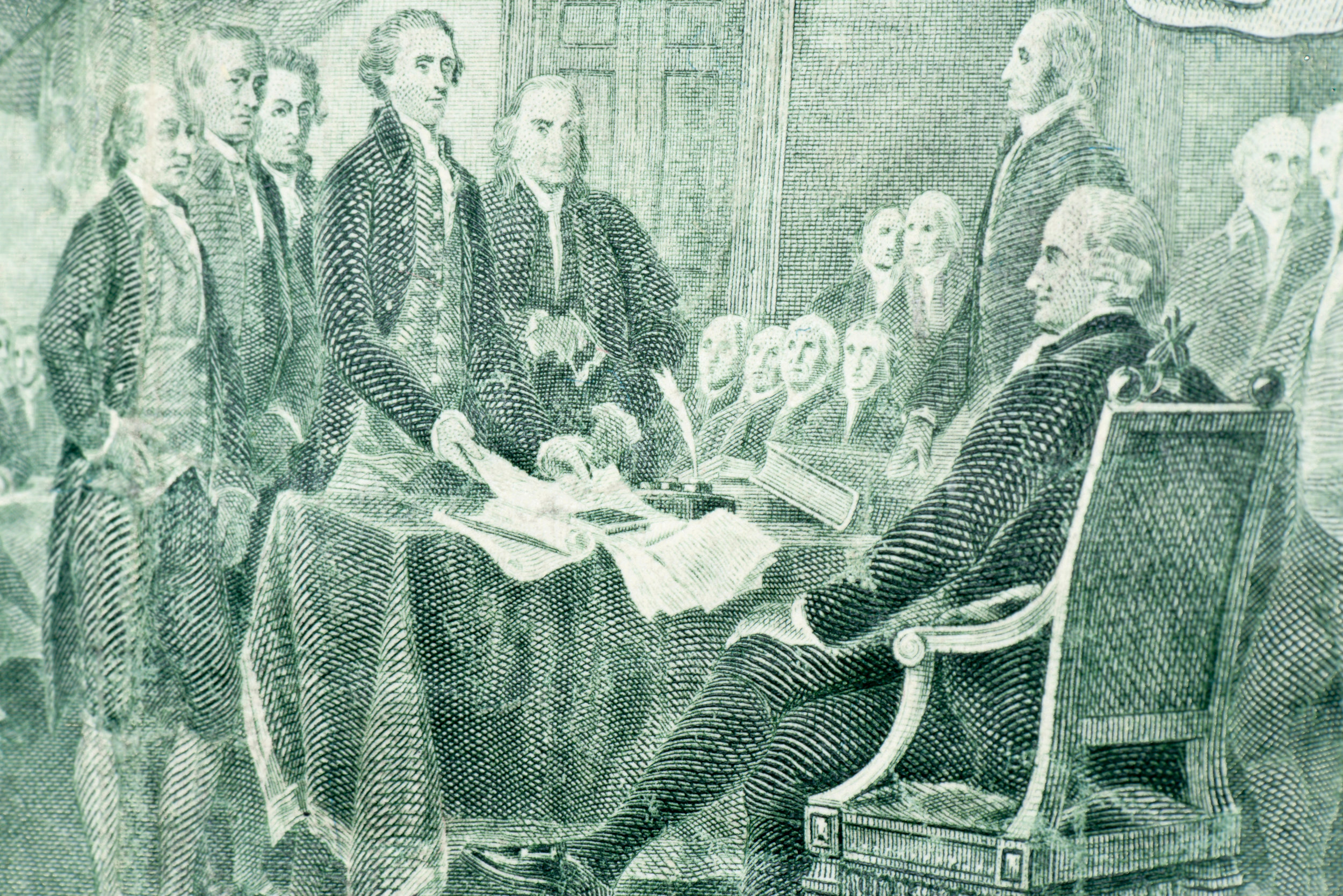In 1981 Neal Peirce and Lawrence Longley revised The People’s President.
A key quote:
“…we must ask ourselves: to what world does our presidential election system really correspond? Is it adapted to a modern technological society in a politically mature nation, where every American considers the ballot his birthright? Or is more a vestige of the world of two centuries past, when voting was haphazard, the secret ballot scarcely known, the society disjointed and spread of a vast frontier?”
From the vantage point of 2018, the dichotomy seems endearingly quaint, and not nearly dramatic enough to address the real crisis apparent in America – namely, can we have a system of government that most people think is both fair and reasonably well-working.
On the one hand, the presidential selection system causes the candidates to take for granted and hence ignore more than 80% of the population. Instead of every American considering the ballot a birthright, almost everyone is aware of how little the participants care about their preference for president. The angry ones do the choosing and structurally everyone else is marginalized: so it seems.
On the other hand, in the modern era voting is “haphazard.” Social networks and identity politics strip secrecy from everyone’s probably choice. The society seems more “disjointed” than in the lifetime of the longest-living among us. And the virtual world is a disturbingly “vast frontier.”
So neither on the one hand nor the other is there a happy choice. Time for a new method.

